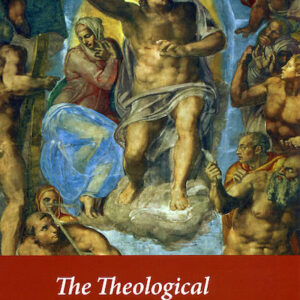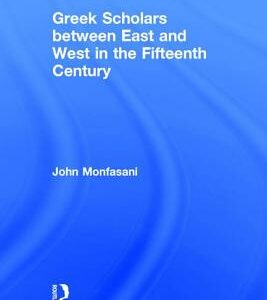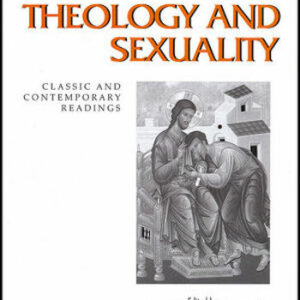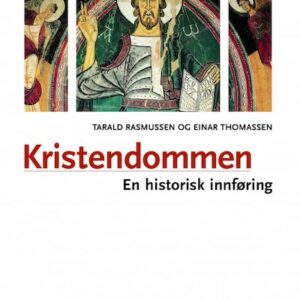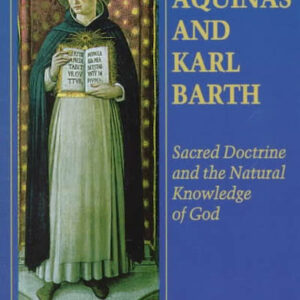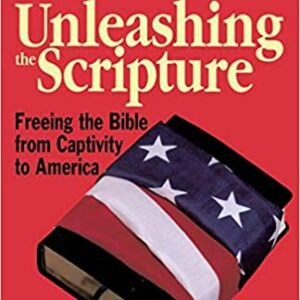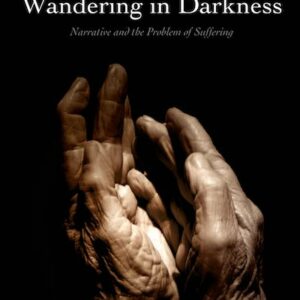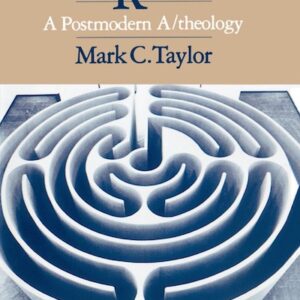
Erring: A Postmodern A/theology
By Mark C. Taylor (NHC Fellow, 1982–83) The Erring a/theologian is driven to consider and reconsider errant notions: transgression, subversion, mastery, utility, consumption, domination, narcissism, nihilism, possession, uncanniness, repetition, tropes, writing dissemination, dispossession, expropriation, impropriety, anonymity, spending, sacrificed, death, desire, delight, wandering, aberrance, carnival, comedy, superficiality, carnality, duplicity, shiftiness, undecidability, and spinning.
